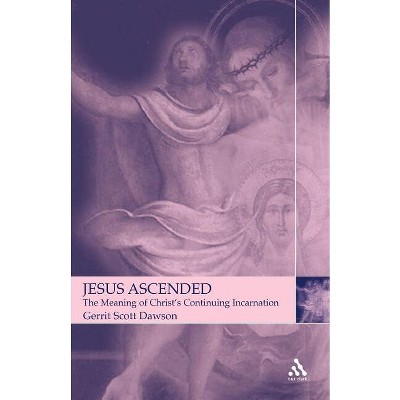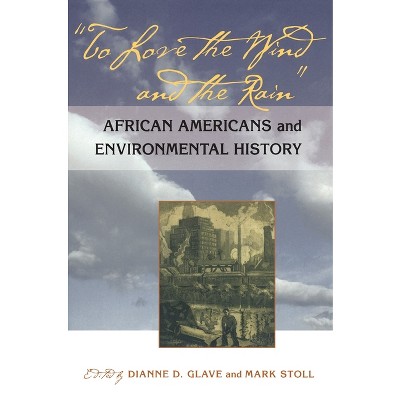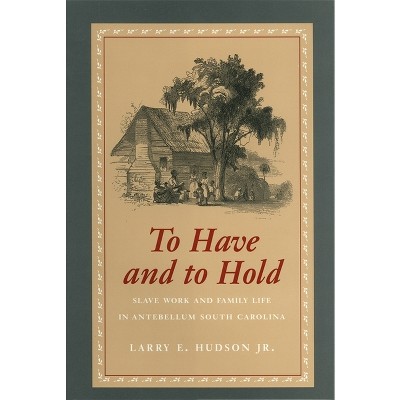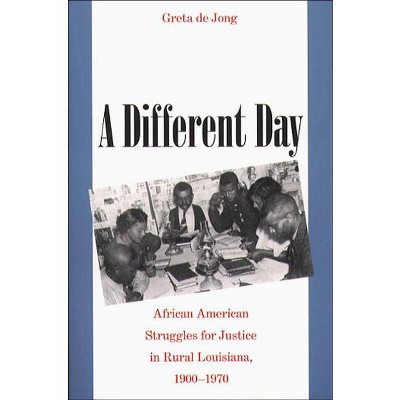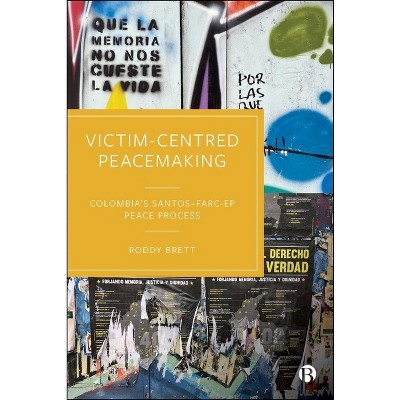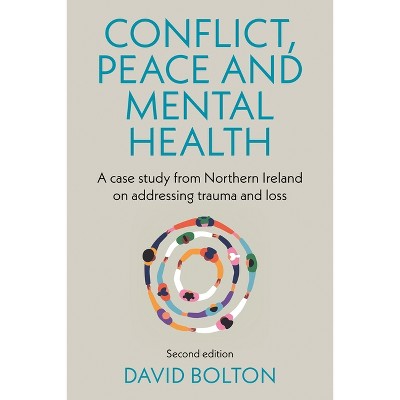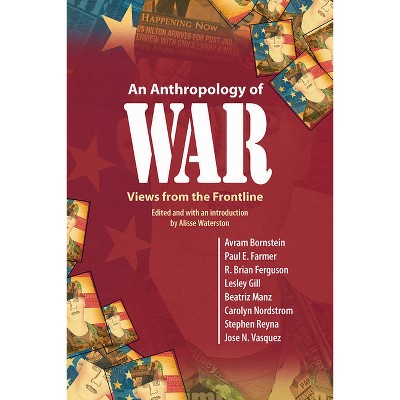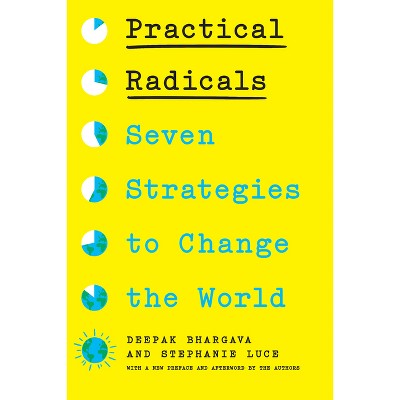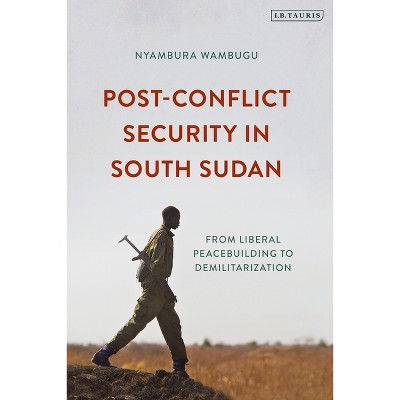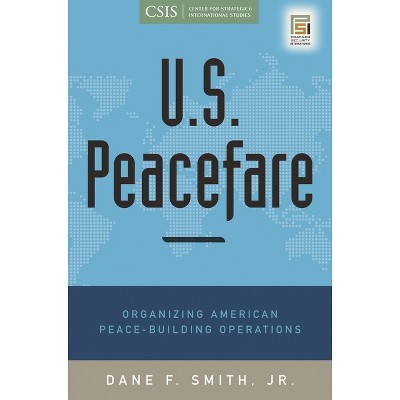About this item
Highlights
- Drawing on many of the wars and peaces of recent decades, this book offers a persuasive new perspective on postwar justice.
- About the Author: Mona Fixdal is a researcher in the Department of History, University of Oslo, Norway.
- 257 Pages
- Political Science, Peace
Description
About the Book
"How should wars end? What outcomes are morally acceptable, and what ways of making peace should participants and observers find distasteful? Drawing on many of the wars and peaces of recent decades--wars whose muddled conduct and courses have already reshaped the political theory of warfare--this book offers a persuasive new perspective on postwar justice. It argues that wars should end in "a better state of peace," a peace stabler and more just than the one before the war began. It asks: When should a war of secession end in the founding of a new country? What is a right outcome to a war fought for territory? And what kinds of political institutions can both protect vital political rights and nourish stability once the fighting ends? This lucid and groundbreaking book explores the outer limits of the idea that it is worth paying almost any price for peace"--Book Synopsis
Drawing on many of the wars and peaces of recent decades, this book offers a persuasive new perspective on postwar justice. In her analysis wars of succession, wars for territory, and the political institutions that precede and follow wars, Fixdal explores the outer limits of the idea that it is worth paying almost any price for peace.Review Quotes
"Rooted in centuries of Western thought on peace, justice, and stability as morally acceptable outcomes of war, Mona Fixdal's breath-taking analysis focuses on questions that must be asked in generating a body of thought around terms of just and lasting peace. Her book should stand as the definitive guide for work on this critical subject." - Harold H. Saunders, former assistant Secretary of State, current president, International Institute for Sustained Dialogue
"Just Peace is a sophisticated and comprehensive treatment of the moral and political aspects of how wars should end. It builds on just war theory but goes substantially beyond it as well, pulling together a wide range of issues. It is a major contribution to the neglected area of jus post bellum." - Roy Licklider, professor of Political Science, Rutgers University
"To the classic framework of just war, Mona Fixdal adds a framework, a vocabulary, and a process for thinking about just peace. She handles an issue that is full of heated claims of right and wrong with carefully marshalled evidence, a wide knowledge of the relevant theory and philosophy, crystalline logic, and sensitivity to the brutal realities of war and the often-difficult realities of peace. This is a hugely valuable contribution to a profoundly important discussion." - Dan Smith, secretary general, International Alert
"In an area of study which is growing rapidly in terms of both significance and depth this book is alandmark contribution, not merely advancing the debates but helping to frame their terms and directions. Just Peace is an invaluable resource for anyone interested in jus post bellum." - Mark Evans, reader in Politics, Swansea University, United Kingdom
"This elegant book takes issue with simplistic applications of just war theory to the problem of how wars shoudl end. Fixdal (Univ. of Oslo, Norway) writes that its three categories - jus ad bellum, jus in bello, and post bellum - are incorrectly assumed to be connected . . . Even though peace and justice are not entirely compatible, she urges negotiators to consider the legitimate claims of aggressors and victims in shaping a postwar order, including a 'better' (i.e., fairer) distribution of rights . . . Struggles over government and governance occur among elites and population groups, with the latter vulnerable to divide-and-rule tactics that privilege one group, often the largest, itself a danger to conflict resolution based on power sharing. This excellent book offers no way to avoid dilemmas of peace and justice but marks the hazards to be negotiated to achieve both.
"Summing Up: Highly recommended. General readers; upper-division undergraduates and above." - Choice
About the Author
Mona Fixdal is a researcher in the Department of History, University of Oslo, Norway.

